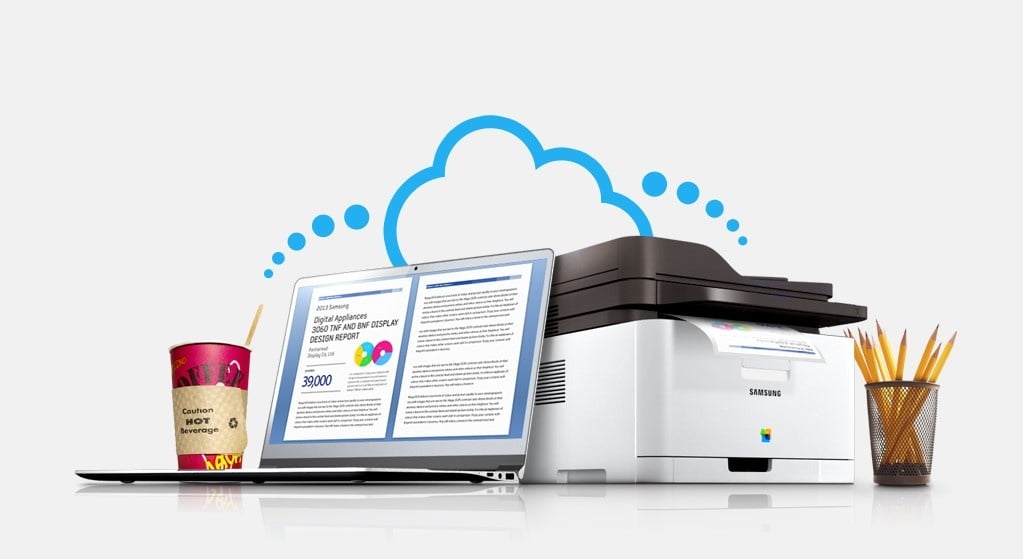Cloud Computing is a recently developed technology but its popularity is becoming larger day by day. You are probably using some of its forms without even realising it. From small start-ups to global corporations, from government agencies to non-profit organisations, we are embracing Cloud Computing for all sorts of reasons.
Recent TRG blog posts
7 Common Cloud Computing Uses
Posted by Rick Yvanovich on Wed, Jan 17, 2018
Blog Topics: Cloud Computing, Analytics, Enterprise Resource Planning ERP
Infor - the Enterprise Software Giant from New York City
Posted by Ho Nguyen on Wed, Jan 17, 2018
Though lesser known among other software giants like SAP, Oracle and Microsoft, Infor has gained tremendous popularity by offering deep industry-specific applications and suites, cloud deployment and extremely user-friendly interfaces.
Blog Topics: Enterprise Performance Management (EPM), Financial Accounting Management Software, Cloud Computing, Analytics, Enterprise Resource Planning ERP
Digital Transformation - a 7-Step Road Map for Success (Part 3)
Posted by Rick Yvanovich on Mon, Jan 15, 2018
Digital Transformation is the mantra of today’s business. The advancement of new technology is leaving companies with 2 choices: disrupting or being disrupted. With this 7-step road map to Digital Transformation, you should be able to start the digitalisation journey right away.
Blog Topics: Cloud Computing, Analytics
Digital Transformation - a 7-Step Road Map for Success (Part 2)
Posted by Rick Yvanovich on Wed, Jan 10, 2018
We have discovered the first 3 steps of the road map to Digital Transformation in the previous blog post. In today’s post, we will discuss the next 2 steps.
Blog Topics: Cloud Computing, Analytics
The Practical Digital Transformation Roadmap - 7 Steps to Success
Posted by Rick Yvanovich on Tue, Jan 9, 2018
Digital Transformation is the mantra of today’s business. The advancement of new technology is leaving companies with 2 choices: disrupting or being disrupted. With this 7-step roadmap to Digital Transformation, you should be able to start the digitalisation journey right away.
Blog Topics: Cloud Computing, Analytics
The Often Overlooked Aspect of Digital Transformation Culture Changes
Posted by Rick Yvanovich on Mon, Dec 18, 2017
Digital Transformation is a lot more than adoption of new technologies. It is about fundamentally changing how an organisation operates. As such, the people and cultural aspects of Digital Transformation cannot be overlooked.
Blog Topics: Cloud Computing
Why most Digital Transformation Projects Fail (Part 2)
Posted by Rick Yvanovich on Fri, Dec 15, 2017
In the previous blog, we have discovered the first two common traits of digital winners. Today we are discussing the remaining two best practices for Digital Transformation.
Blog Topics: Cloud Computing
Why most Digital Transformation Projects Fail
Posted by Rick Yvanovich on Mon, Dec 4, 2017
Despite all the hype about Digital Transformation, most companies are still in the very early phases of digitalisation. According to a 2016 report from analyst firm Forrester, only 11 per cent of companies surveyed are digitally mature.
Blog Topics: Cloud Computing, Enterprise Resource Planning ERP
Industry 4.0 – Opportunities & Challenges
Posted by Rick Yvanovich on Wed, Nov 15, 2017
The very first industrial revolution began sometime in 1760 with the increase in steam power usage, marked the rise of the factory system. Then came the second revolution following the introduction of electricity at the start of the 20th century. The third revolution began with the introduction of automation and information technology into factories. We now welcome the new age with Industry 4.0, the fourth, and certainly not the last, of the industrial revolution.
Blog Topics: Cloud Computing, Business Intelligence, Enterprise Resource Planning ERP
Digital Transformation: The Samsung Cloud Print Case Study
Posted by Thai Pham on Tue, Nov 14, 2017
As Samsung is popular for their reputation of having quality and innovative products, this has put a great pressure on the company to continuously churn out impressive, “never before” products and services, and to continue remaining on top. And one of the most successful solutions is to leverage expertise and technologies from AWS (Amazon Web Services).
Blog Topics: Cloud Computing
 English
English  Vietnamese
Vietnamese 









